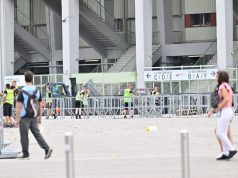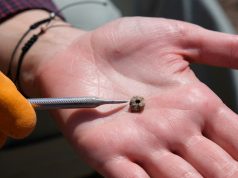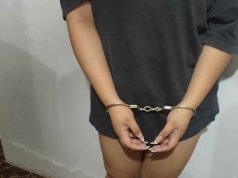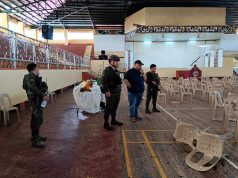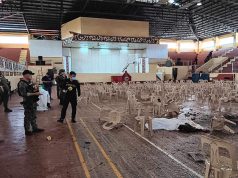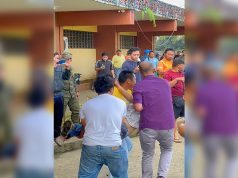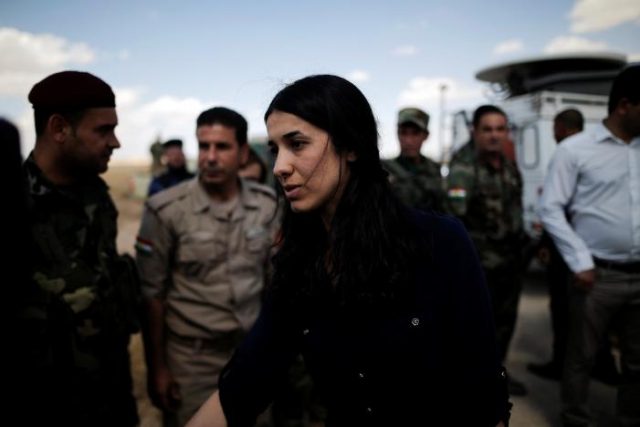
KOJO, Iraq — Nadia Murad made an emotional return on Thursday to the Yazidi village in northern Iraq where she was captured and sold as a slave by Islamic State three years ago.
She broke down in tears as she approached the school where the militants rounded up the population of Kojo and separated the men from the women, part of a series of crimes the United Nations described as a genocide against the Yazidi minority.
“I have been waiting for this day for nearly three years,” she said on the rooftop of the school, where she had studied for 11 years.
On her return, Murad went to see her house and emerged clutching some clothing left there since 2014. A Yazidi fighter said it belonged to Murad’s mother, who was killed during the purge because she was considered too old to be taken as a slave.
“We hoped our fate would be to be killed like the men instead of being sold and raped by Syrians, Iraqis … Tunisians and Europeans,” Murad said after composing herself, speaking from the roof of the school.
Several hundred men were gunned down on the edge of the village. Among them were six of Murad’s brothers and stepbrothers.
She said the Islamic State emir, or commander, who oversaw what happened at the school was an Arab from the area.
“He demanded we change our religion but nobody agreed.
“We heard the sound of shots. At first we believed people had come to help us, but when we looked out of the windows … we saw them killing the men.
“We cried to the U.N., Europe, Kurdistan and Iraq but nobody came to help us,” Murad said. “… Today the village is surrounded by mass graves.”
Murad, now 24, was taken in the summer of 2014 to Mosul, Islamic State’s de facto capital in Iraq. She escaped in November 2014.
She told her story to the U.N. Security Council in 2015 and since then she has become an advocate for the Yazidis and for refugee and women’s rights in general. She and another Yazidi woman, Lamiya Aji Bashar, received the European Parliament’s Sakharov Prize for freedom of thought.
Kojo is one of the villages recaptured over the past few days by Popular Mobilization, an Iraqi Shi’ite paramilitary force trained by Iran.
One of Murad’s brothers is now fighting with the paramilitaries who retook the area. The two were reunited in the village.
U.S.-backed Kurdish forces dislodged Islamic State from other Yazidi villages in the Sinjar region in 2015. Mosul is about to fall to a U.S.-backed Iraqi offensive.
The Yazidis are a religious community of about 400,000, whose beliefs combine elements of several ancient Middle Eastern religions. Islamic State considers them devil worshippers.
International human rights lawyer Amal Clooney, who represent Murad and other Yazidi victims, is lobbying the Iraqi government and the international community to allow a United Nations investigations into Islamic State’s crimes.
More than 3,000 women are believed still held captive by IS, according to the community’s leaders.
“All we want,” Murad said in Kojo, “is people to save 3,000 women in the Daesh prisons and to document our graves … until now, not a single mass grave has been documented.”




